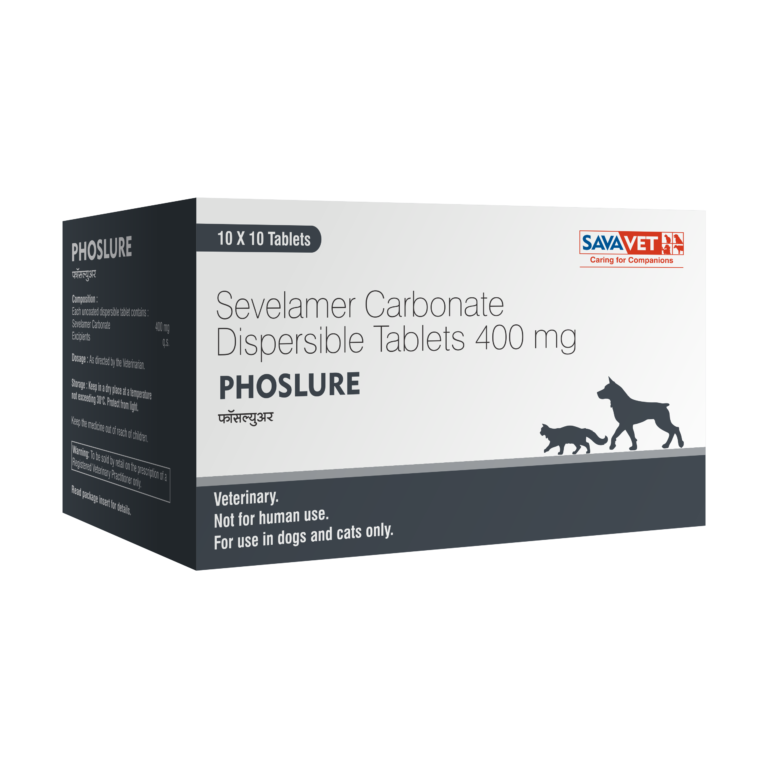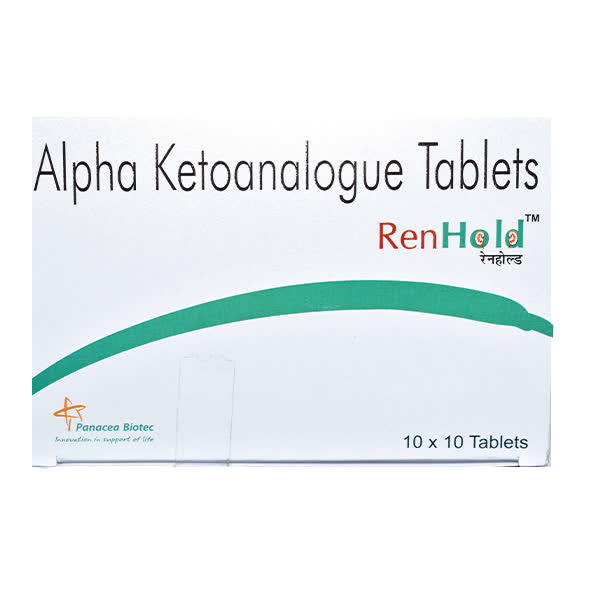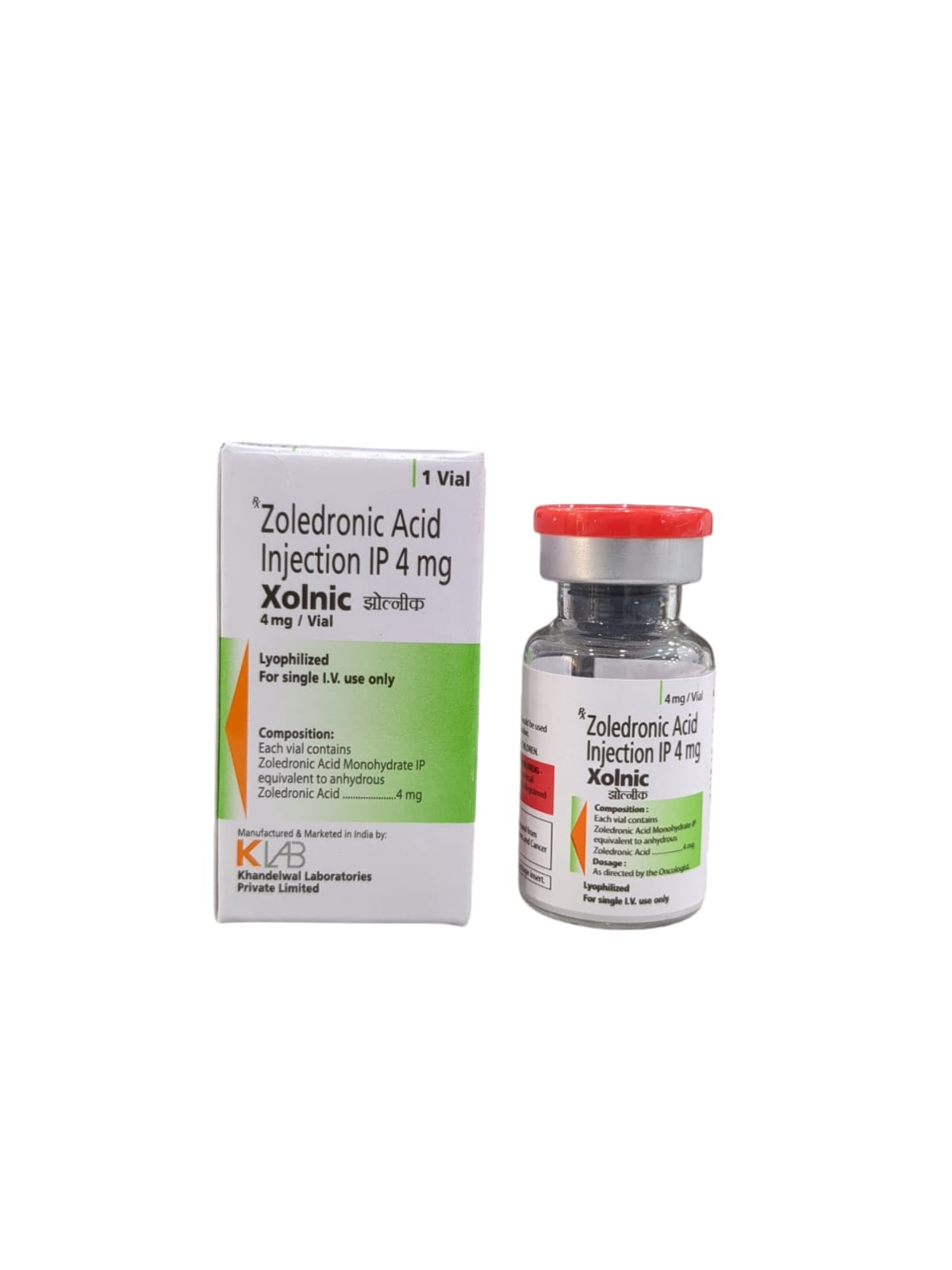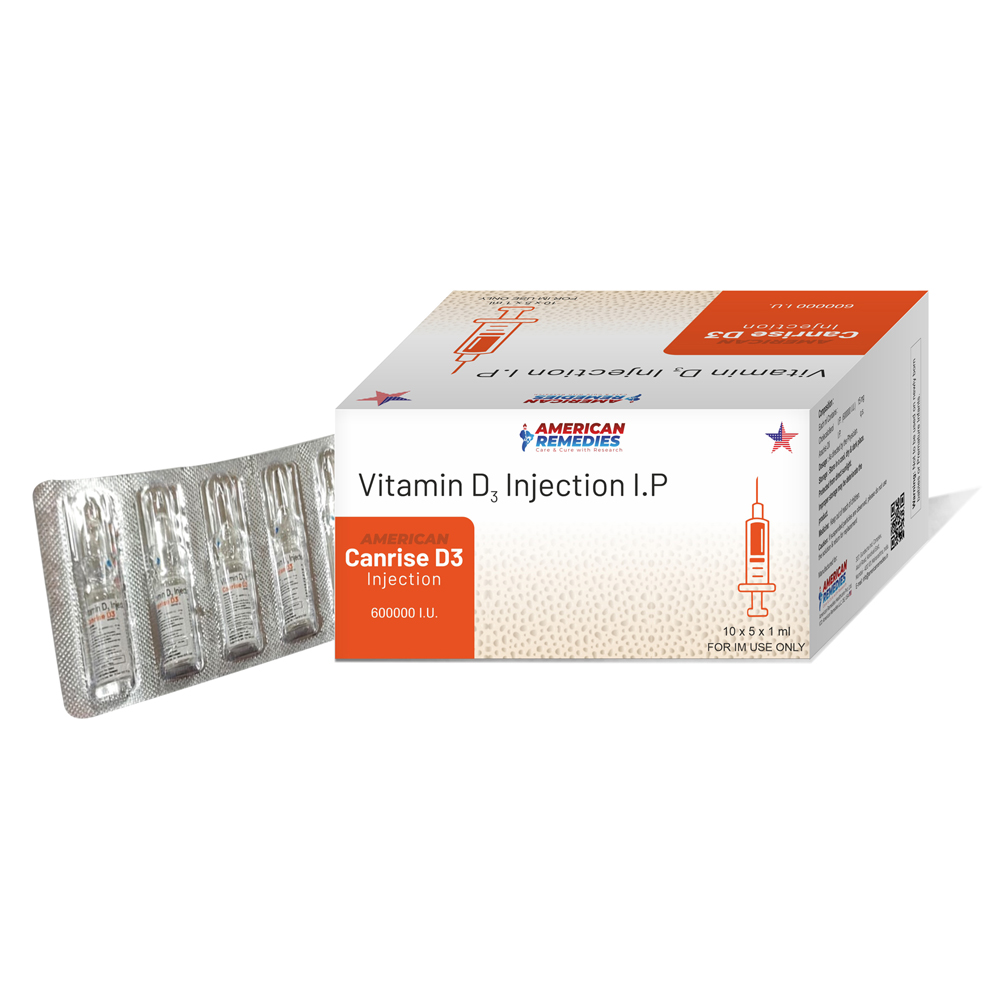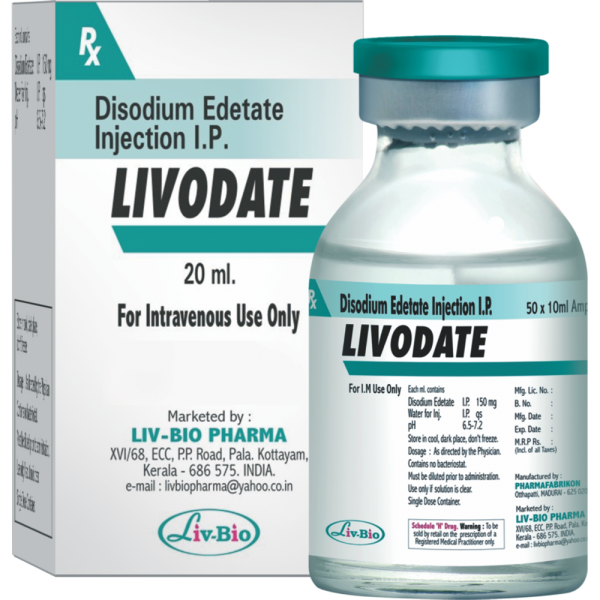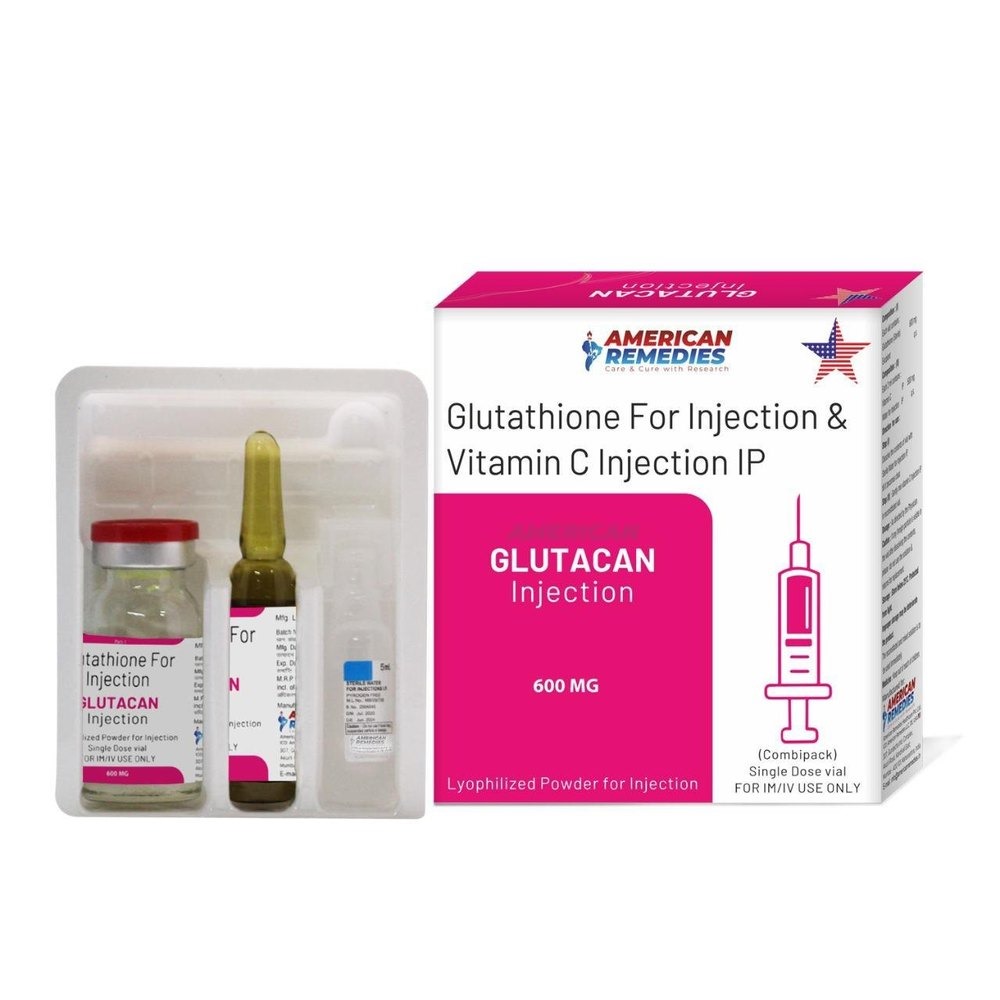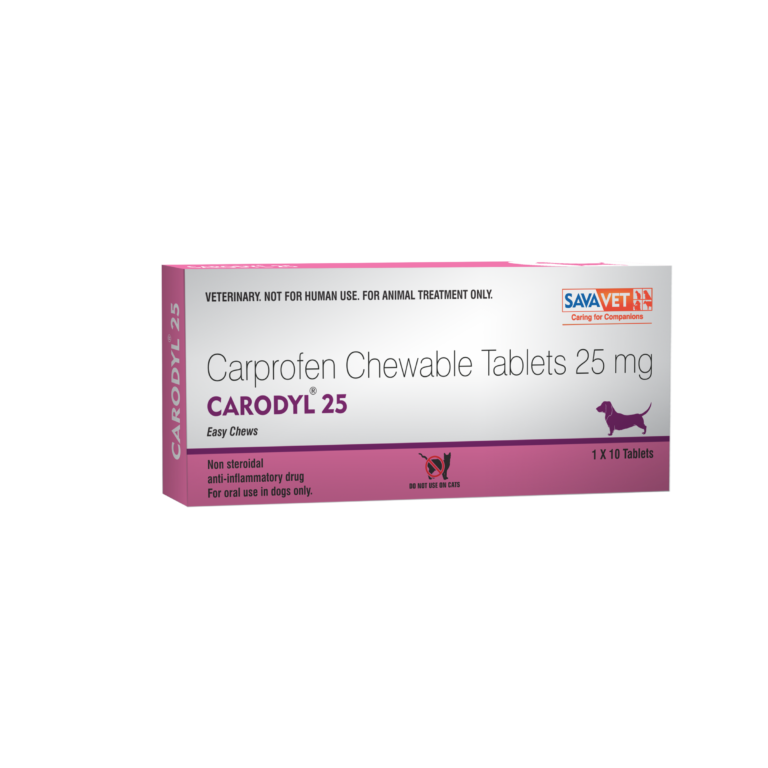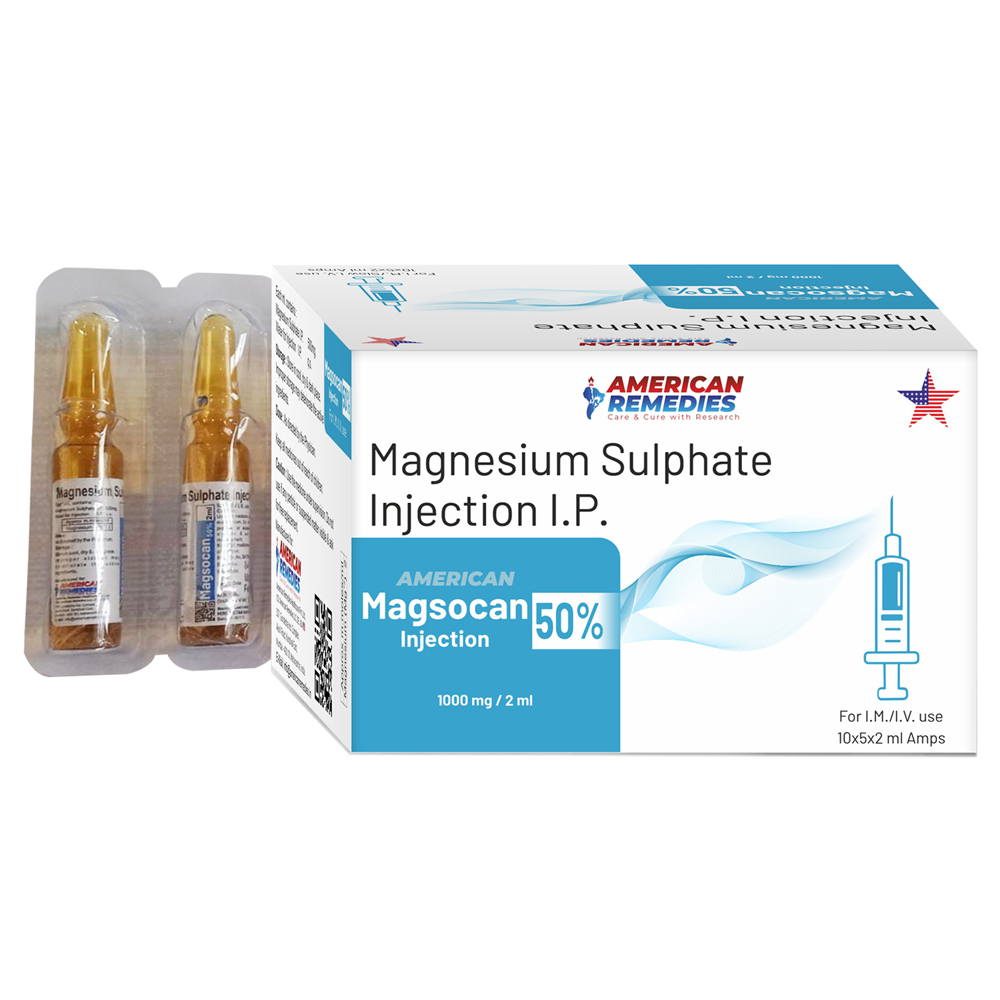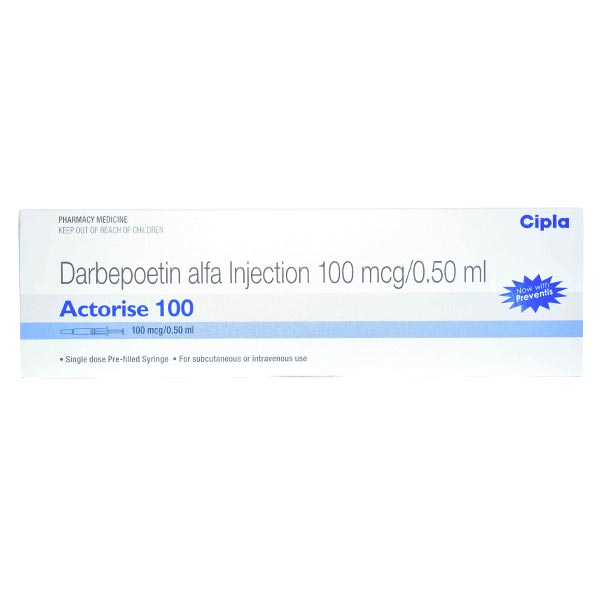Anti Cancer Medicine
Introduction to Xolnic 4mg Injection
Xolnic 4mg contains the active substance Zoledronic Acid. It belongs to the group of substances called bisphosphonates. It is used to reduce the amount of calcium in the blood in adult patients where it is too high due to the presence of a tumor. Tumors can accelerate normal bone change in such a way that the release of calcium from bone is increased. This condition is known as tumor-induced hypercalcemia (TIH). It is also used to prevent bone complications in adult patients with multiple myeloma and bone metastases from solid tumors (spread of cancer from the primary site to the bone), in addition to standard cancer therapy.
Xolnic 4mg is also indicated to prevent or treat osteoporosis (a condition in which the bones become thin and weak and break easily) in women who have undergone menopause. It is also used to treat osteoporosis in men. It is used to treat Paget’s disease of bone (a condition in which the bones are soft and weak and may be deformed, painful, or easily broken). Other uses include treating or preventing osteoporosis in men and women taking glucocorticoids (a corticosteroid medication that may cause osteoporosis).
Do not take this injection if you are allergic to zoledronic acid, another bisphosphonate, or any other ingredients of this medicine and if you are pregnant or breastfeeding. Before initiating the treatment, inform your physician if you have kidney or liver problems, bone diseases, pain, swelling, or jaw numbness. This medicine is not recommended for use in adolescents and children below the age of 18 years. Xolnic 4mg is not cancer chemotherapy and will not slow or stop the spread of cancer. However, it can be used to treat bone diseases in patients with cancer.
Uses of Xolnic 4mg Injection
Treat hypercalcemia of malignancy
Multiple myeloma
Bone metastases from solid tumors
Osteoporosis in postmenopausal women
Osteoporosis in men
Paget’s disease of bone
Therapeutic Effects of Xolnic 4mg Injection
Xolnic 4mg primarily inhibits bone resorption. It works by slowing bone breakdown, increasing bone density (thickness), and decreasing the amount of calcium released from the bones into the blood.
Interaction of Xolnic 4mg Injection with other drugs
Inform your healthcare provider about all the medicines you take, including prescription medications, over-the-counter medications, nutritional and vitamin supplements, and herbal products. Certain medications like aminoglycosides, loop diuretics, and nephrotoxic drugs may interact with Xolnic 4mg and reduce its effectiveness by causing undesirable side effects.
More Information about Xolnic 4mg Injection
Store Xolnic 4mg at room temperature (20°C to 25°C)
keep the injection away from the reach of children and pets.
If you have missed any dosing appointments, inform your doctor and schedule immediately.
How to consume Xolnic 4mg Injection
It should only be administered by a trained doctor or nurse. It will be given as a drip (infusion) into your vein. Your doctor will decide the dose and duration of the treatment based on your disease severity and other factors. Do not self-administer the medication.
Safety Advices for Xolnic 4mg Injection
Image Not Available Pregnancy
Xolnic 4mg is unsafe to administer in pregnant women because it may affect the fetus. Inform your physician if you are pregnant, suspect pregnancy, or planning to become pregnant.
Image Not Available Breast Feeding
Breastfeeding is not recommended in patients taking Xolnic 4mg because the medicine passes into the breast milk in small amounts and may harm your baby.
Image Not Available Lungs
It is unknown whether Xolnic 4mg can be used in patients with lung disorders. Consult your doctor if you have any lung diseases before starting the treatment.
Image Not Available Liver
It is unknown whether Xolnic 4mg can be used in patients with liver disorders. Inform your physician if you have liver problems before initiating the therapy.
Image Not Available Alcohol
Caution is advised when consuming alcohol with Xolnic 4mg. Please consult your doctor.
Image Not Available Driving
It is unsafe to drive or operate heavy machinery after using Xolnic 4mg as this medicine causes drowsiness and sleepiness.
Side Effects of Xolnic 4mg Injection
Side effects are unwanted symptoms caused by medicines. Even though all drugs cause side effects, not everyone gets them.
Common
Nausea, vomiting
Fatigue
Anemia
Bone pain
Constipation, diarrhea
dyspnea, and fever
Swelling in the legs and feet
Decreased weight
Abdominal pain
Muscle pain
Tiredness
Serious
Changes in heart rhythm
Severe hypersensitivity skin reactions
Decreased calcium levels
Severe bone pain
Severe kidney problems
Unusual fractures of the bone
Send Message
